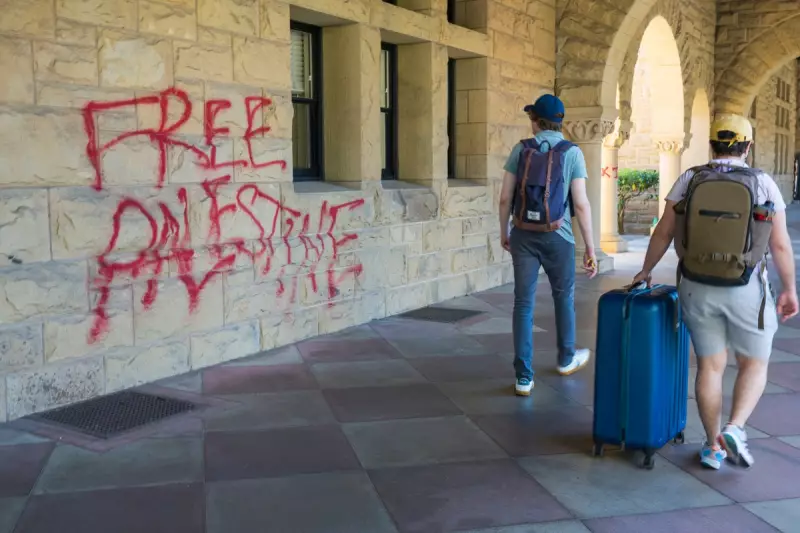
Stanford University finds itself at the centre of a growing healthcare scandal following shocking allegations that its medical school improperly fast-tracked COVID-19 vaccinations for wealthy donors and board members ahead of frontline workers.
Investigation Launched Amid Public Outcry
The prestigious institution has come under intense scrutiny after reports emerged suggesting that the Stanford School of Medicine allocated precious vaccine doses to members of its development board rather than following state-mandated priority guidelines. Santa Clara County officials have confirmed they're investigating whether these actions violated both county and state health directives.
County Counsel James R. Williams stated: "We are actively looking into whether Stanford's vaccination approach complied with our local health order. Ensuring equitable vaccine distribution remains our paramount concern."
University Responds to Allegations
In a carefully worded statement, Stanford University officials acknowledged vaccinating some members of their academic community but defended their overall process. "We've implemented a vaccination programme that prioritises our healthcare workers in alignment with state guidance," a university spokesperson claimed.
However, the statement notably avoided directly addressing the specific allegations regarding preferential treatment for donors and board members, leaving many questions unanswered.
Broader Implications for Vaccine Equity
This controversy emerges as California grapples with massive vaccine distribution challenges. The state's tiered system explicitly prioritises healthcare workers and vulnerable elderly populations, making any deviation from these guidelines particularly concerning.
Legal experts suggest that if proven, these allegations could constitute serious violations of both ethical standards and potentially legal requirements governing emergency medical resource allocation during the pandemic.
The unfolding situation at Stanford raises critical questions about privilege, access to healthcare resources, and whether wealth and connections should ever influence medical prioritisation, especially during a global health crisis.





